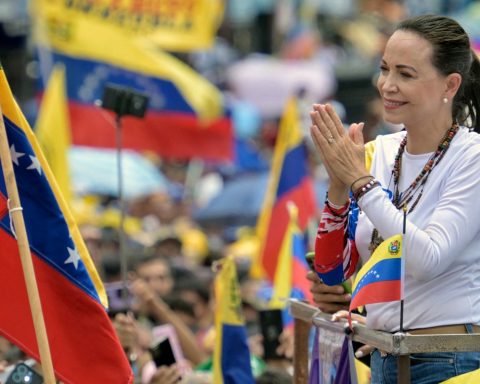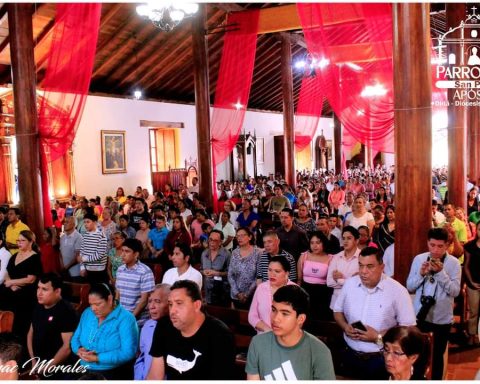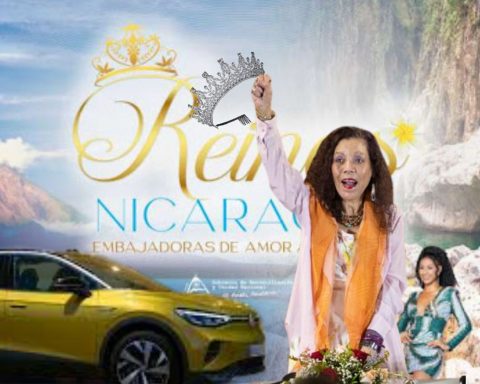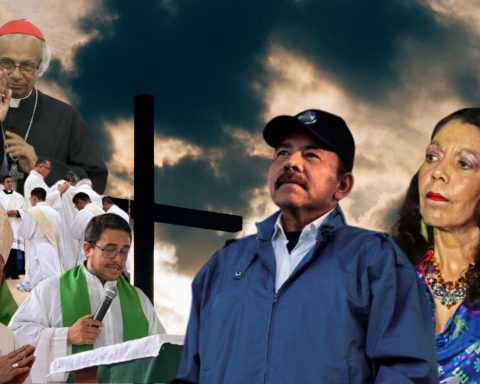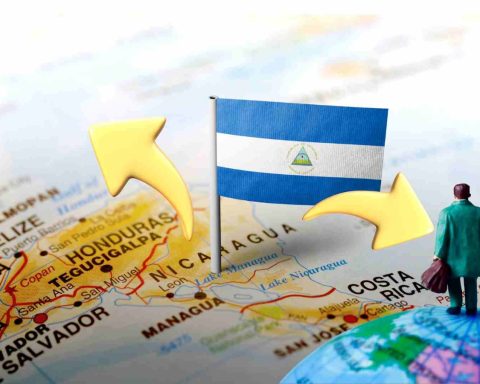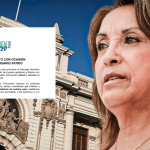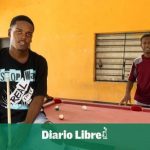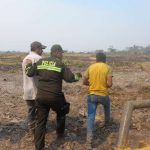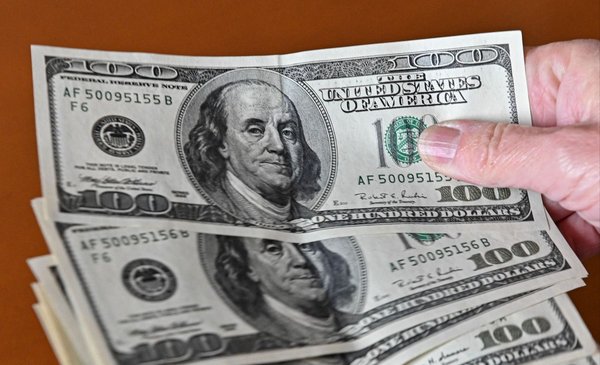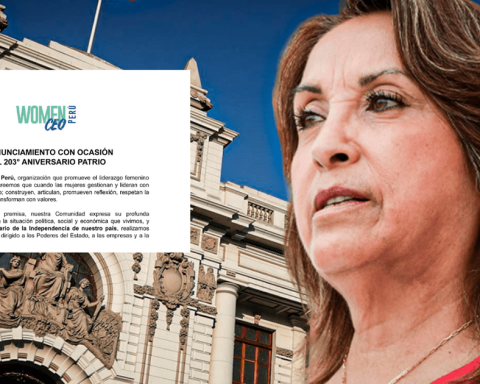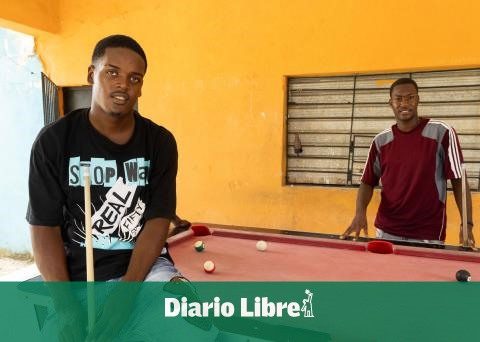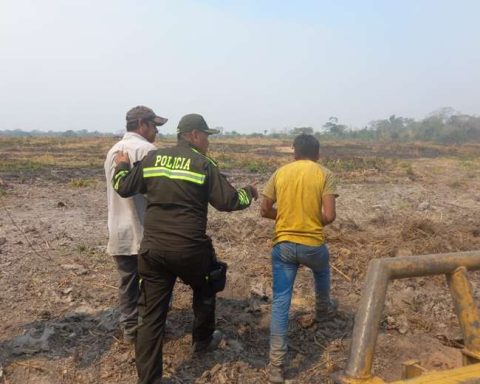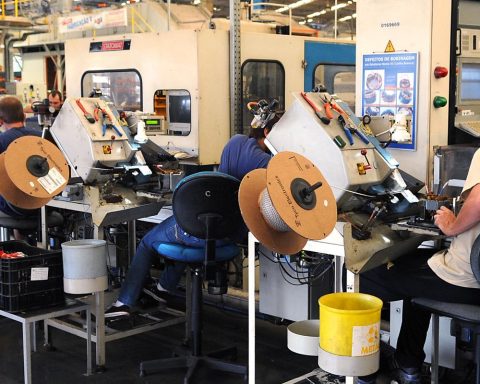Police showed up two days after a Catholic cleric at a church near Managua, the Nicaraguan capital, delivered a Sunday sermon in May that included a prayer “for our priests.”
The officers played an audio clip of the prayer and warned: These kinds of things are dangerous, recalled a priest who was at Sunday services and when the police arrived. He asked not to be named for fear of being arrested.
“We try to explain that this is just a normal prayer, nothing to do with politics,” the priest said in a video interview. “But they already have evidence against us that they can manipulate however they want.”
Nicaraguan President Daniel Ortega’s five-year campaign against the Catholic Church has intensified since February, according to interviews with five priests inside and outside the country.
The priests, one in Nicaragua and four outside the country, describe a sharp increase in church surveillance by police and citizen informants; police beatings; arrests and expulsions of priests and nuns, as well as seizures of church property.
The brief release this week of Nicaraguan Bishop Rolando Álvarez raised hopes of a turning point. But while Mexican Bishop Ramón Castro said in an interview that talks between Nicaraguan government representatives and the church are “undoubtedly” ongoing, he had little hope of a breakthrough. “It is very likely,” said the Vatican diplomat, “that we are going to have to go through more difficult times.”
The escalation continued in March after Pope Francis condemned the Nicaraguan government as a “rude dictatorship” and Ortega responded by cutting ties with the Vatican.
Police referred questions to the Nicaraguan Foreign Ministry, which did not respond to requests for comment. Vice President Rosario Murillo, a government spokeswoman and Ortega’s wife, did not respond to written questions.
A Managua-based diplomat, speaking on condition of anonymity, said he had heard reports of police surveillance of clergy and found them credible.
He said he was concerned that the crackdown appeared to continue, with credible accounts of an increase in expulsions of religious orders and property confiscations in addition to surveillance.
Vatican officials have privately told Reuters they see the conflict in Nicaragua as one of the worst since the Cold War, when many communist countries in Eastern Europe persecuted the church.
In February, Bishop Álvarez, an Ortega critic, was convicted of treason, stripped of his citizenship, and sentenced to 26 years in prison for treason, without trial.
The sentencing statement states that Álvarez is “the author of the crimes of damage to national integration, propagation of false news through information and communication technologies, aggravated obstruction of functions and disobedience or contempt of authority.”
Alvarez denies the charges.
The bishop of the rural Matagalpa diocese was returned to prison on Wednesday after talks on the terms of his release and that of other jailed clerics failed, a diplomatic source told Reuters.
“Must Be Quiet”
In late May, the Nicaraguan government launched a money laundering investigation into the church, ordering the country’s bishops and top leader, Cardinal Leopoldo Brenes, to hand over financial documents and freeze all church bank accounts.
The freezing of accounts has made it difficult for parishes to buy food and other necessities, said the five priests interviewed by Reuters. The government stepped in last month to pay teachers’ salaries at hundreds of church-affiliated schools.
Brenes has not commented publicly on the investigation and his office declined Reuters’ request for an interview.
A Vatican official, speaking on condition of anonymity, called the money laundering allegations “absurd.”
At least four priests have been placed under house arrest since May 23, according to Martha Patricia Molina, an exiled Nicaraguan researcher and lawyer now living in Texas.
Seven priests have been expelled, six priests have fled the country, while two others have been denied re-entry so far this year, according to Molina.
A group of Brazilian nuns from the diocese of León were ordered to leave the country in June, according to text messages reviewed by Reuters and a post on their Facebook page.
The Nicaraguan bishops’ conference did not respond to a request for comment.
Late last month, Brazilian President Luiz Inacio Lula da Silva met the Pope at the Vatican and vowed to personally pressure Ortega to release Álvarez, offering to open a channel of communication between the Vatican and Managua. .
The Nicaraguan government did not respond to questions or requests for comment.
The priests describe heavy surveillance of church services by police or civilian members of government-sponsored community councils, especially since Easter.
Three of them say they believe the phone calls are being monitored. They provided no evidence and Reuters was unable to independently verify their claim.
“My mom told me yesterday that the police came to our house and made everyone give out their phone numbers,” said one of the priests, currently out of the country. “It’s an open secret that many people have their phones tapped.”
Ortega’s campaign against the church began five years ago after the government asked Catholic leaders to help mediate mass anti-government protests sparked by government plans to cut old-age pensions.
At least 356 civilians were killed in the protests, according to the Organization of American States human rights commission.
Ortega, 77, came to power in 1979 after overthrowing a right-wing dictatorship. He launched an offensive against the church in the 1980s, but after his electoral defeat in 1990, he made proposals to Catholics and endorsed an abortion ban.
His latest restrictions appear to be aimed at silencing priests, said Erick Díaz, 33, a Nicaraguan priest in exile in Chicago.
“The priests inside Nicaragua must remain silent. They can’t even mention the name of the bishop because the police are after you and can put you in jail or force you into exile,” he said.
Nine church leaders inside and outside of Nicaragua did not respond to interview requests for this story.
Connect with the Voice of America! Subscribe to our channel Youtube and activate notifications, or follow us on social networks: Facebook, Twitter and Instagram.

